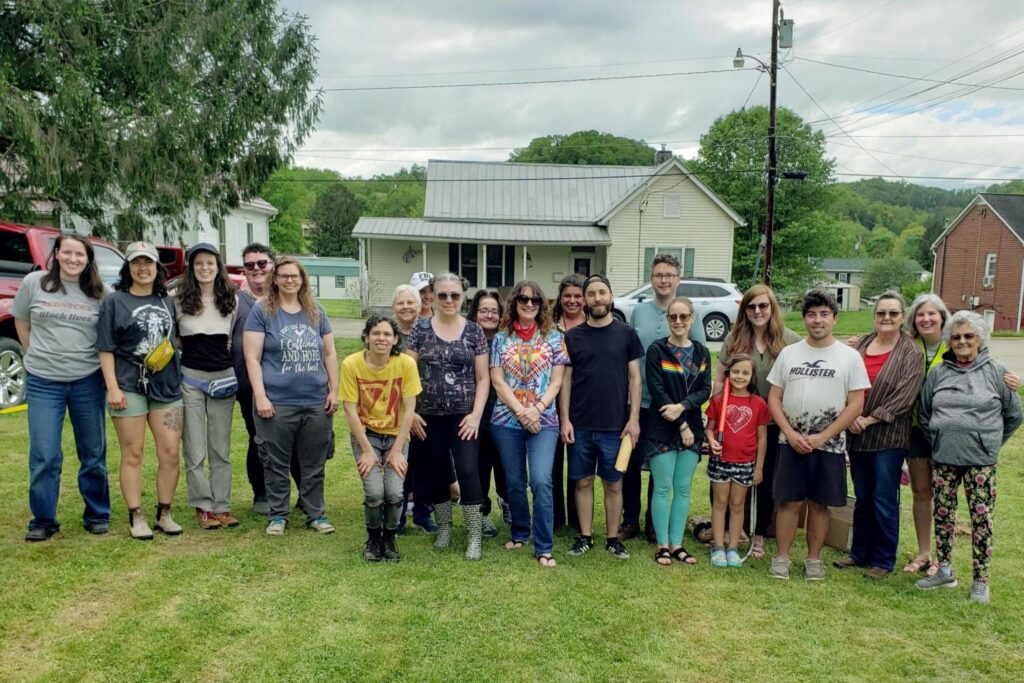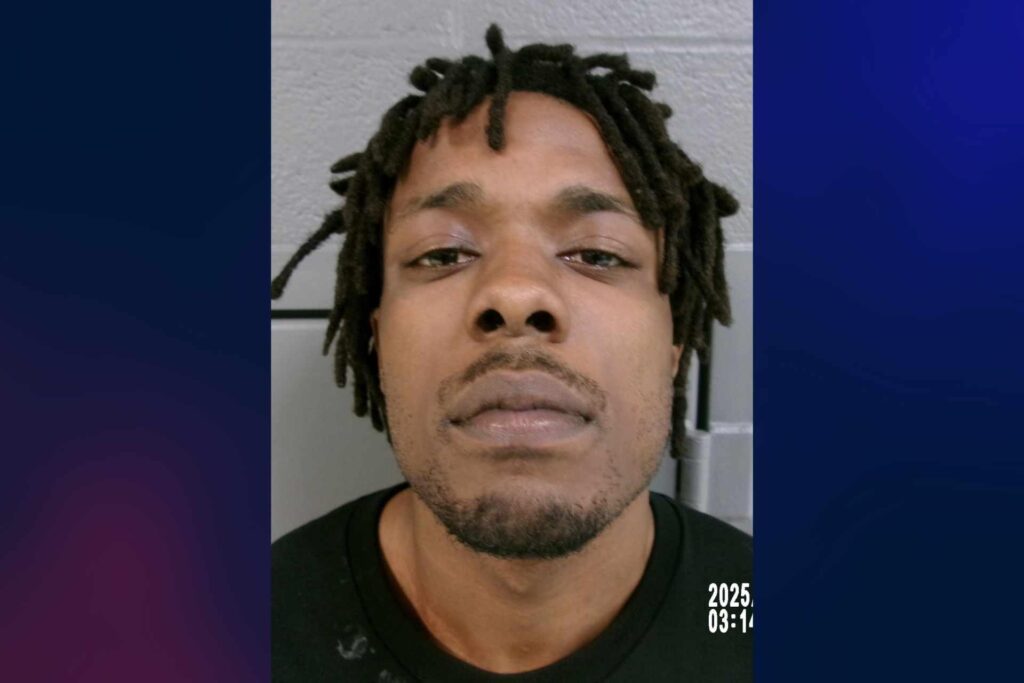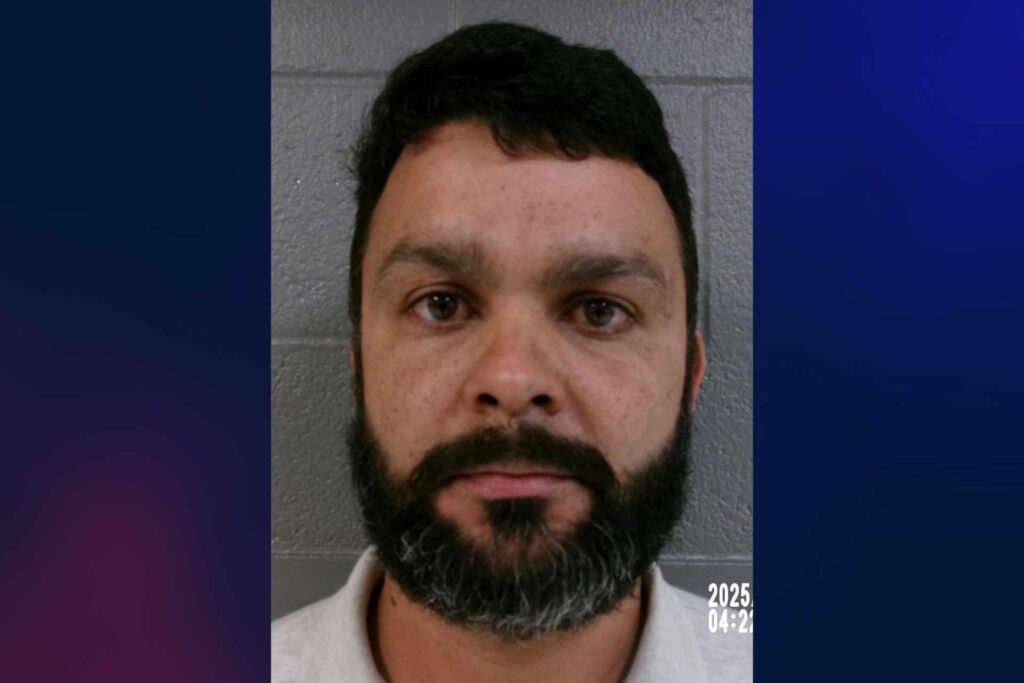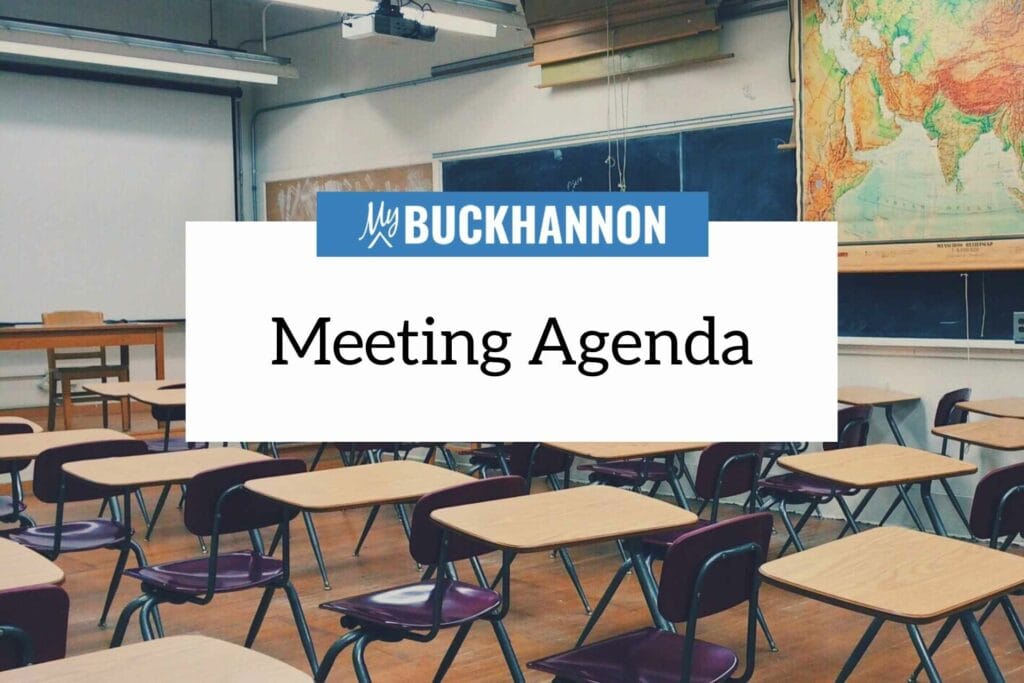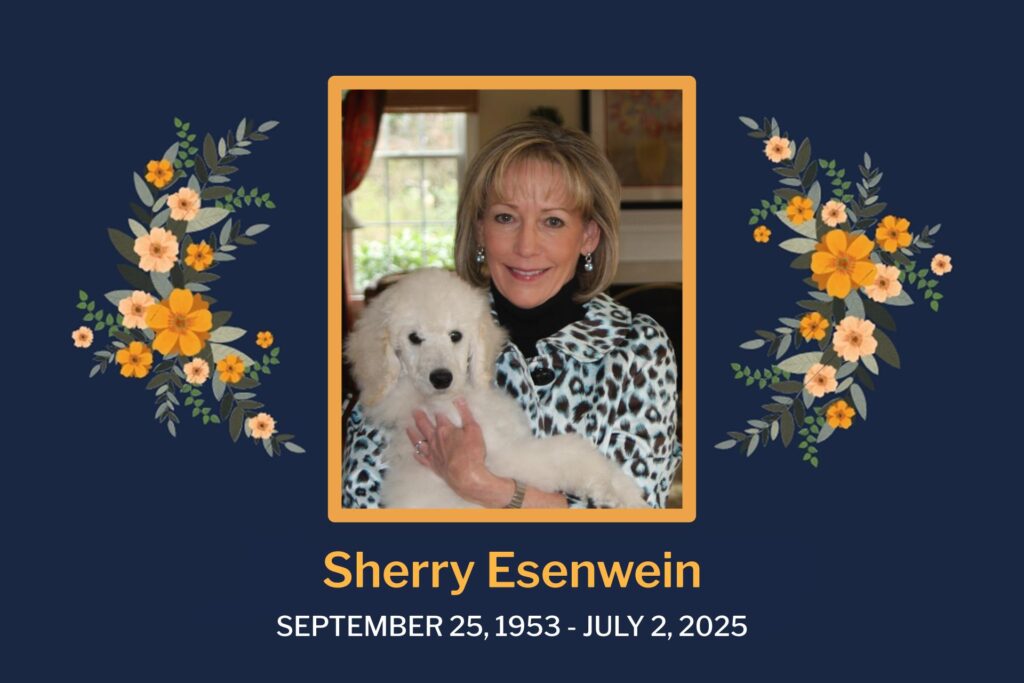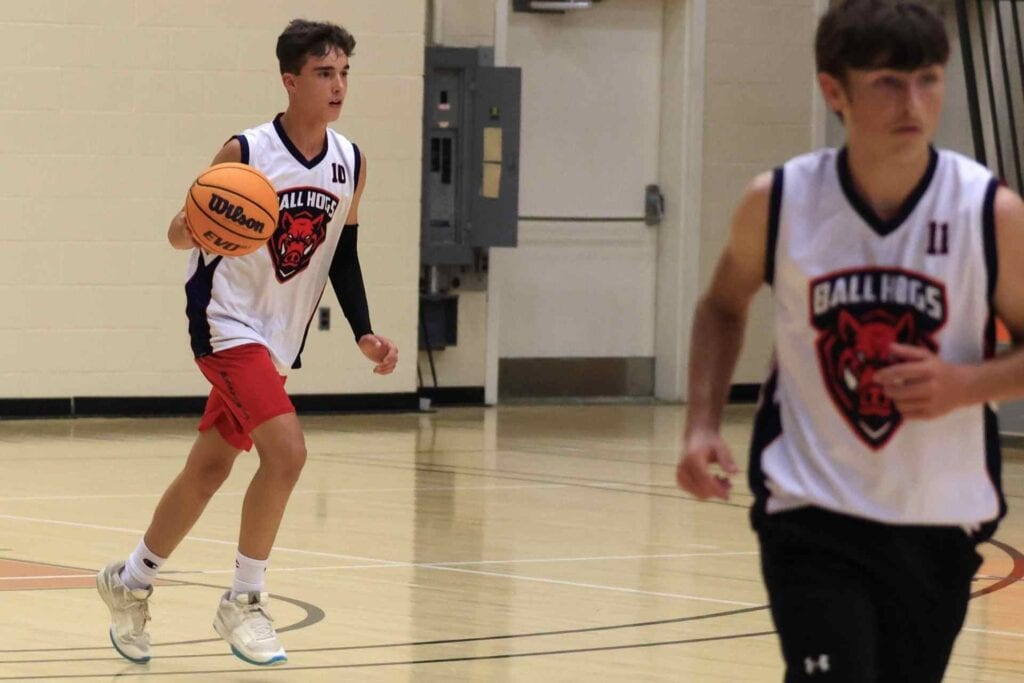BUCKHANNON – Buckhannon City Council voted to accept the general terms of a legal agreement – but not a specific monetary amount – relative to the settlement of the national opioid litigation settlement.
Fifty-four of the Mountain State’s 55 counties and 70 municipalities, including Upshur County and the City of Buckhannon, have joined a mass lawsuit filed against pharmaceutical companies. Those lawsuits allege manufacturers’ and distributors’ practices resulted in opioids becoming an all-too-common treatment for chronic pain, which in turn, fueled the fire substance of abuse in West Virginia, according to the Associated Press and multiple news media outlets.
Following Attorney General Patrick Morissey’s Feb. 16 announcement that an agreement had been reached governing the distribution of opioid settlement money, attorney Rusty Webb, the city’s outside counsel with The Webb Law Centre, attended city council’s March 3 meeting to present the general framework and terms of the plaintiffs’ distribution plan.
Webb said according to the terms of the memorandum of understanding, 24.5 percent of settlement monies will go to cities and counties, 72.5 percent will be funneled into a private, nonprofit trust fund and the remaining 3 percent will be held back in escrow.
While population is typically the metric used to divvy up settlement money in other opioid litigation cases, Webb said West Virginia opted out of a population-based formula because despite being the hardest-hit state in the nation, under that formula, the Mountain State would have received the least amount of funds.
“We held out because it wasn’t fair to us – to the State of West Virginia to be a part of it,” Webb said. “West Virginia held out because we wanted to use a more fair and equitable formula called a National Class Action Settlement Formula.”
Webb said under that formula, the factors that will determine how much Buckhannon and Upshur County receive are health; police protection; fire protection; judicial and legal; corrections; public welfare; housing; and community development. Webb did not provide an exact amount the city will receive but said that should plaintiffs be awarded $100 million, the City of Buckhannon would be allocated approximately $166,600.
“Those are the intrastate metrics,” he said.
After reviewing the genesis of the mass litigation, Webb asked council if they wanted to enter into executive session to discuss whether or not they would accept the terms of the memorandum of understanding.
Council opted to vote on the matter in an open session after consulting with city attorney Tom O’Neill, who explained the city could either vote to accept the money or leave it on the table.
“This is take-it-or-leave-it,” O’Neill told council. “This is not something we can negotiate, and my guidance to council is, there’s really only one option – so how much do you want to dive into the details [of the settlement] before you take the inevitable vote?”
City recorder Randy Sanders asked Webb if council was required to act on the matter that evening, and he said not necessarily.
“There’s no hurry,” Webb said. “Obviously, if you need time to deliberate, take your time.”
Councilman CJ Rylands said council should vote on the legal framework for the settlement that evening since neither the city nor any of the other counties or cities possessed any negotiating power.
However, councilman David Thomas said he wanted more time to think it over.
“I want to spend a little more time thinking about it; I just don’t want to vote on it right now,” Thomas said.
“Well, I don’t think it’s something you negotiate – I think we just accept it and move on,” Rylands replied.
When Sanders, who led Thursday’s meeting due to mayor Robbie Skinner participating virtually as a result of illness, called for a vote on the matter, Rylands made a motion to accept the framework of the settlement agreement. Councilwoman Shelia Lewis-Sines seconded the motion, and all council members voted in favor of accepting it, except Thomas, who said he did not want to vote against accepting the money.
Thomas said one of his concerns centered on how the money would be doled out to the victims of the opioid epidemic.
“Initially, when this was brought up several years ago, I had some concerns about the process,” Thomas said. “I agree that the drug companies and distributors need to be held accountable – I think that’s critically important – but I’m also concerned about because, nothing against Mr. Webb or any of the other attorneys involved, but these legal and mass litigation efforts can be extremely expensive, and I think Mr. Webb said there were some political issued involved in regard to population.”
“I’m not going to vote against it, but I just didn’t like the process to begin with,” Thomas added.
O’Neill explained the money had to be used for abatement for opioid addiction in the future and was not a mechanism for reimbursement.
“Initially, when the city joined this litigation, it did so with an eye toward being compensated for opioid-related expenses, especially fire and police expenses that come about through dealing with opioid-related issues with the public, that we would be compensated,” O’Neill said. “However, this is a forward-looking settlement, not a backward-looking settlement. In other words, the funds that will come to the city are to be used for abatement and fixing things going forward; this is not about putting money back in the city’s general fund to compensate for increased expenses [related to the opioid epidemic] … which is what we were looking at when we joined the suits in the past.”
O’Neill said sometimes class-action lawsuits change because so many parties are involved in the negotiation process.
“That’s just the nature of mass tort litigation and settlement … and one of the terms is that we are agreeing to be forward-looking in the application of this money, not backward-looking,” he said.
According to AP News, Morissey has called for the creation of a private, nonprofit foundation that will be managed by a board of 11 members: five state appointees and local representatives from six W.Va. Department of Health & Human Resources regions.
An executive director, who Morissey will appoint, will manage day-to-day operations.



